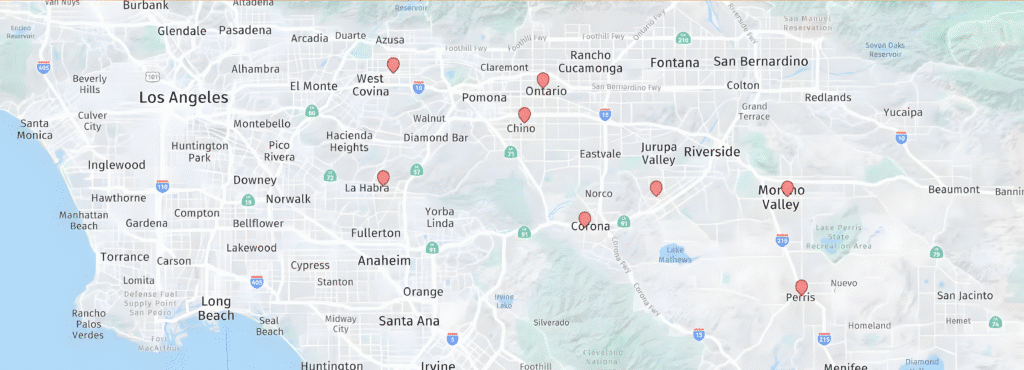
Having your wisdom teeth removed is almost a rite of passage for young adults, typically occurring either in high school or college. Timing extraction is important — but do wisdom teeth really need to be extracted at such a young age?
In most cases, the answer is yes. In this post, our team at Dental Kidz Club explains why.
Why extraction is important
In a few cases, wisdom teeth may erupt like any other tooth, coming in straight and aligned, without causing any problem with your child’s other teeth or their jaw.
But in many cases, wisdom teeth can come in crooked or out of alignment, pushing against other teeth or causing significant pain and infection risk. Some teeth come in sideways or never erupt at all, getting “stuck” or impacted under the neighboring molars — a bad situation for all teeth involved.
In these cases, extraction is the obvious solution. Removing the wisdom tooth eliminates crowding and displacement of neighboring teeth, and it also eliminates pain and other problems. But what if the tooth seems OK? Does it still need to be removed? In many cases, the answer is still “yes.”
Even when a wisdom tooth comes in straight, its location far back at the “hinge” part of the jaw makes it very difficult to keep clean. As a result, these teeth often become reservoirs of harmful germs that can cause infection, abscesses, bone damage, and eventual tooth loss. Having them extracted early avoids those problems before they begin.
The best age for extraction
Wisdom teeth can be extracted at any age after they erupt. But the American Association of Oral and Maxillofacial Surgeons (AAOMS) notes that most patients opt to have them out between the ages of 17-25. The reasons are pretty simple.
First, most wisdom teeth don’t come in until around 16-17 years of age. Unless a wisdom tooth is causing problems under the gum before eruption, extraction can wait until the tooth is already erupting.
Second, having wisdom teeth removed at a young age means the long tooth roots haven’t fully developed. As a result, the procedure is often a bit simpler and recovery is faster and more comfortable than removal at older ages when the tooth root and the jaw bone have fully matured.
How to schedule wisdom teeth extraction
Bottom line: If your teen is 16 or older — or even if they’re younger and having jaw or molar pain — it’s a good time to talk to our team about having those teeth extracted.
Early conversations allow the dentist and your child to map out a treatment plan for optimal results. Plus, since recovery can take a couple days, it also gives us time to plan extractions with the least disruption to your child’s school schedule.
To learn more about wisdom teeth extractions at our locations in Brea, Corona, Covina, Riverside, Ontario, and Perris, California, call Dental Kidz Club or book an appointment online today.
